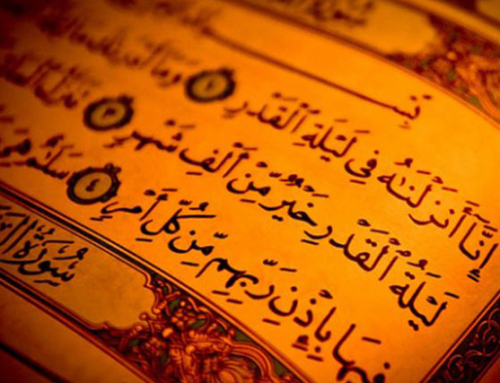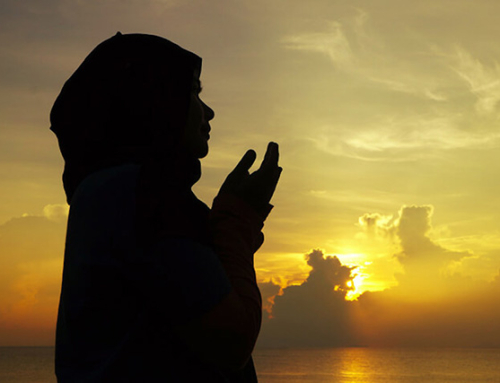Yassine Hicham
June 27, 2016
Ramadan, in Muslim belief, is a blessed, holy month which constitutes a special period of piety that involves much more than just fasting. There is a general sense of increased social, moral, and pious commitment during Ramadan. In the evenings, the mosques are often packed with believers participating in the voluntarily tarawih prayers, in addition to canonical ritual daily prayers that can extend over more than an hour after the evening (‘isha) prayer.
Arduous to maintain especially in summer heat, fasting is seen by many as a spiritual exercise in disciplining carnal desires of the ego. Furthermore, many people ascribe to the feeling of hunger a strong power in facilitating social responsibility towards the poor. The central and most important motivation for fasting, however, is the prospect of Paradise. Ramadan is a time when God rewards believers most generously and forgives their sins. For the duration of Ramadan, ‘the gates of Paradise are open and the gates of Hell are closed’, according to a prophetic hadith (authoritative tradition).
Other traditions state that the obligatory prayer counts seventy times its value during Ramadan, that voluntary prayer gains the same reward as an obligatory one, and that a prayer in Laylat al-Qadr is better than that of a thousand months. On the other hand, the consequences of not observing Ramadan are severe. Intentionally breaking the fast without a legitimate reason cannot be recalled or equalled out by anything, and both good and bad deeds count their double in reward and punishment during Ramadan. (1) Not surprisingly, then, Ramadan is ‘the season of worship’ (mawsim al-‘ibada), a time when people try to be good – that is, observe religious commandments and moral virtues more rigorously than they usually do. Since it is believed that anger, curses, and insults break the fast, people attempt to avoid them during Ramadan, and in arguments and fights (which are numerous in Ramadan as people often have short tempers due, allegedly, to fasting), people often use the phrase ‘Oh God, I’m fasting!’ (Allahumma inni sa’im) to avoid using foul language but also to call oneself and others to calm down.
During the holy month, one must abstain from all the other minor and major misdeeds. If God’s reward and blessings are very close during Ramadan, so are His wrath and punishment. This belief involves not only practices deemed as immoral and sinful, such as drinking, flirting, adultery, watching pornography, lying, stealing, and violence. It also implies restrictions upon practices with more ambiguous status, notably cinema, music, and dress. Many women opt for a more conservative dress during Ramadan (by not using make-up, for example), and some people abstain from listening to pop music and watching movies, arguing that ‘they are haram (forbidden) during Ramadan’.
Hence, Ramadan as a time of exceptional morality demonstrates and enforces the supremacy of God’s commands by constituting a time in which morality is not situational but strict and in which spiritual perfection should be reached out.
References
| ↑1 | For Laylat al-Qadr, see Malik ibn Anas: al-Muwatta’, book of retreat in the mosque (al-i‘tikaf), chapter 6 (ma ja’ fi laylat al-qadr), hadith 15; for intentionally breaking the fast, Bukhari: Sahih, book of fasting (as- Sawm): chapter 29; for double reward, Muslim: Sahih, book of fasting (as-Siyam): chapter of the merit of fasting (fadl as-siyâm), hadith 164. |
|---|
















